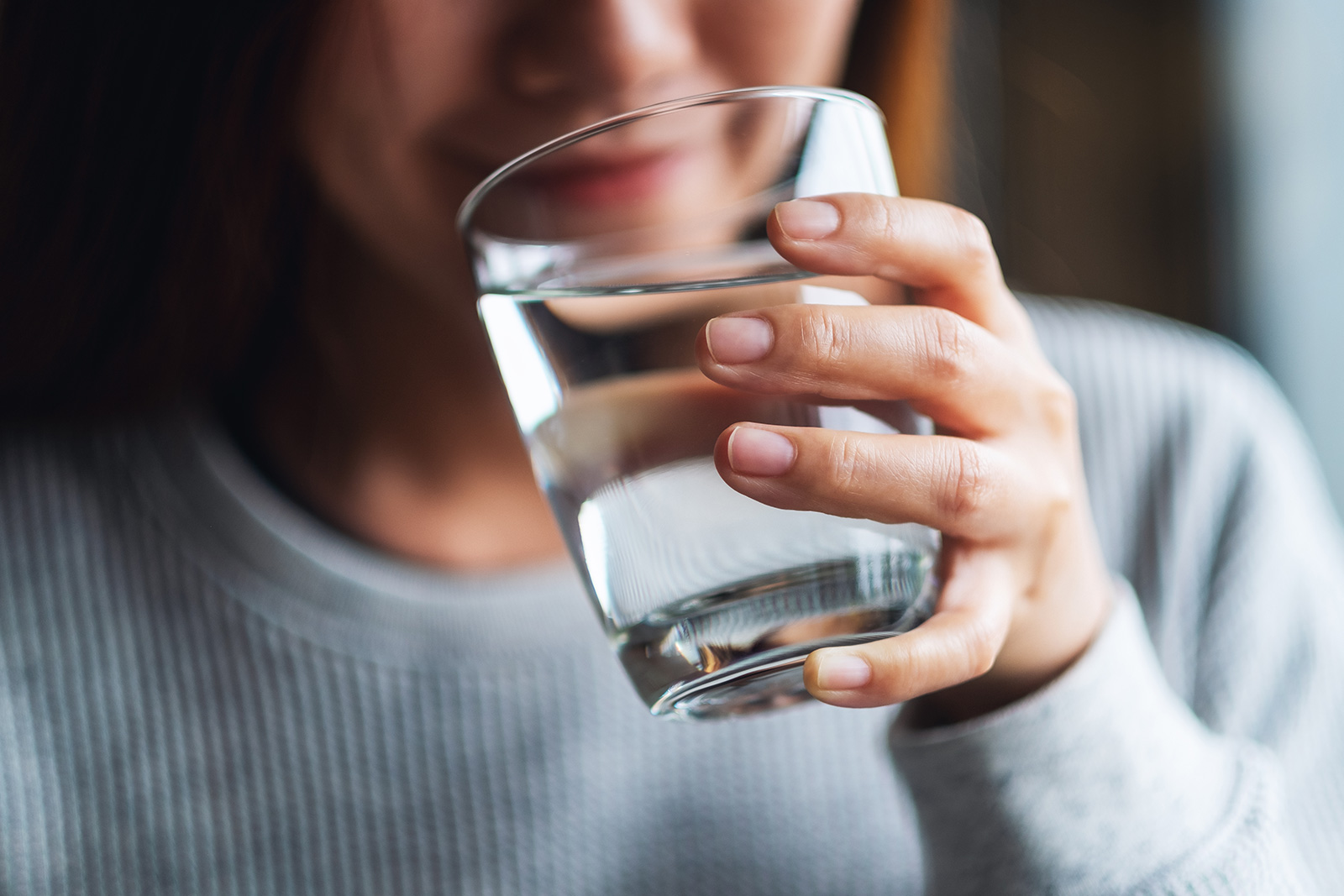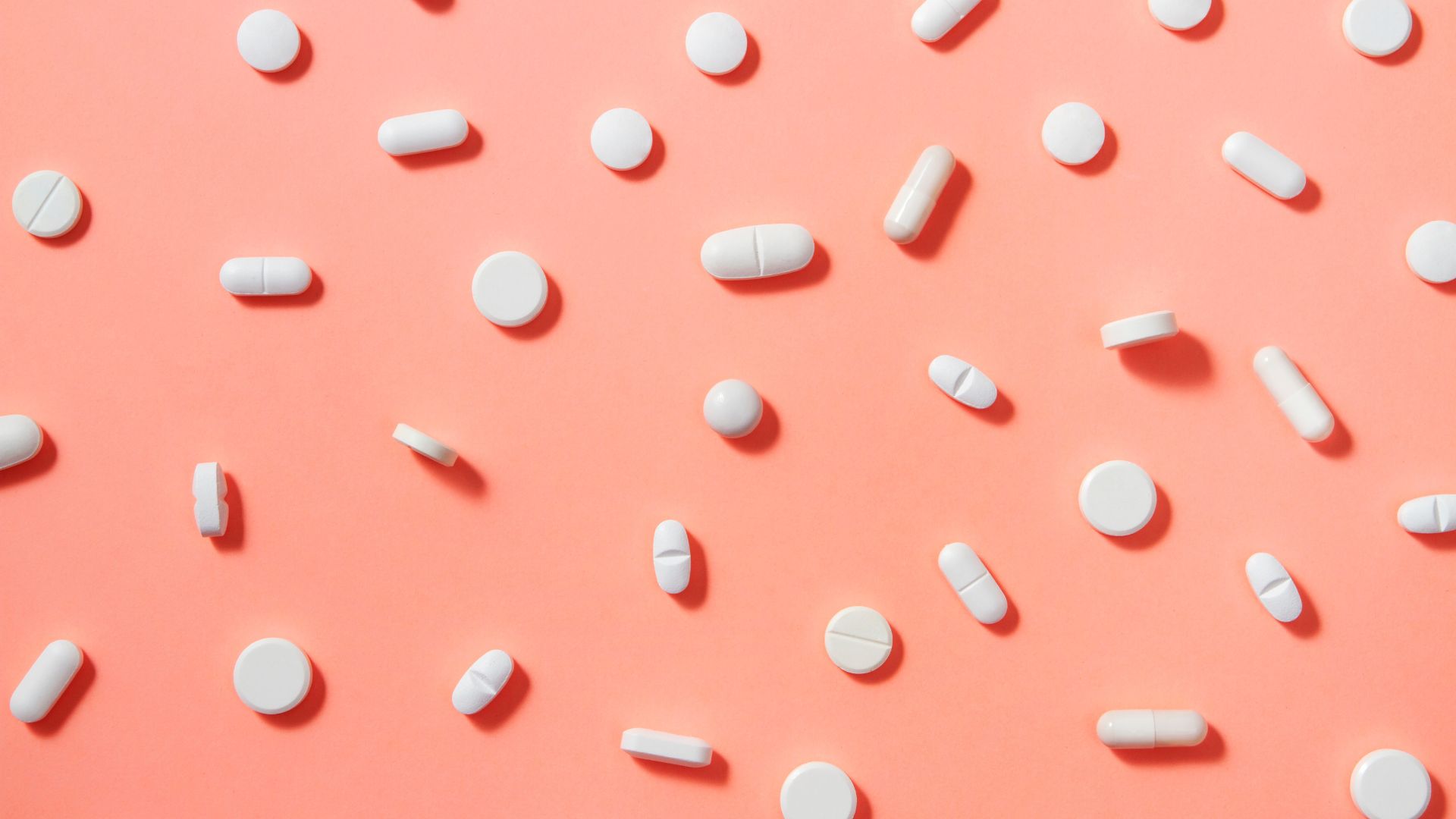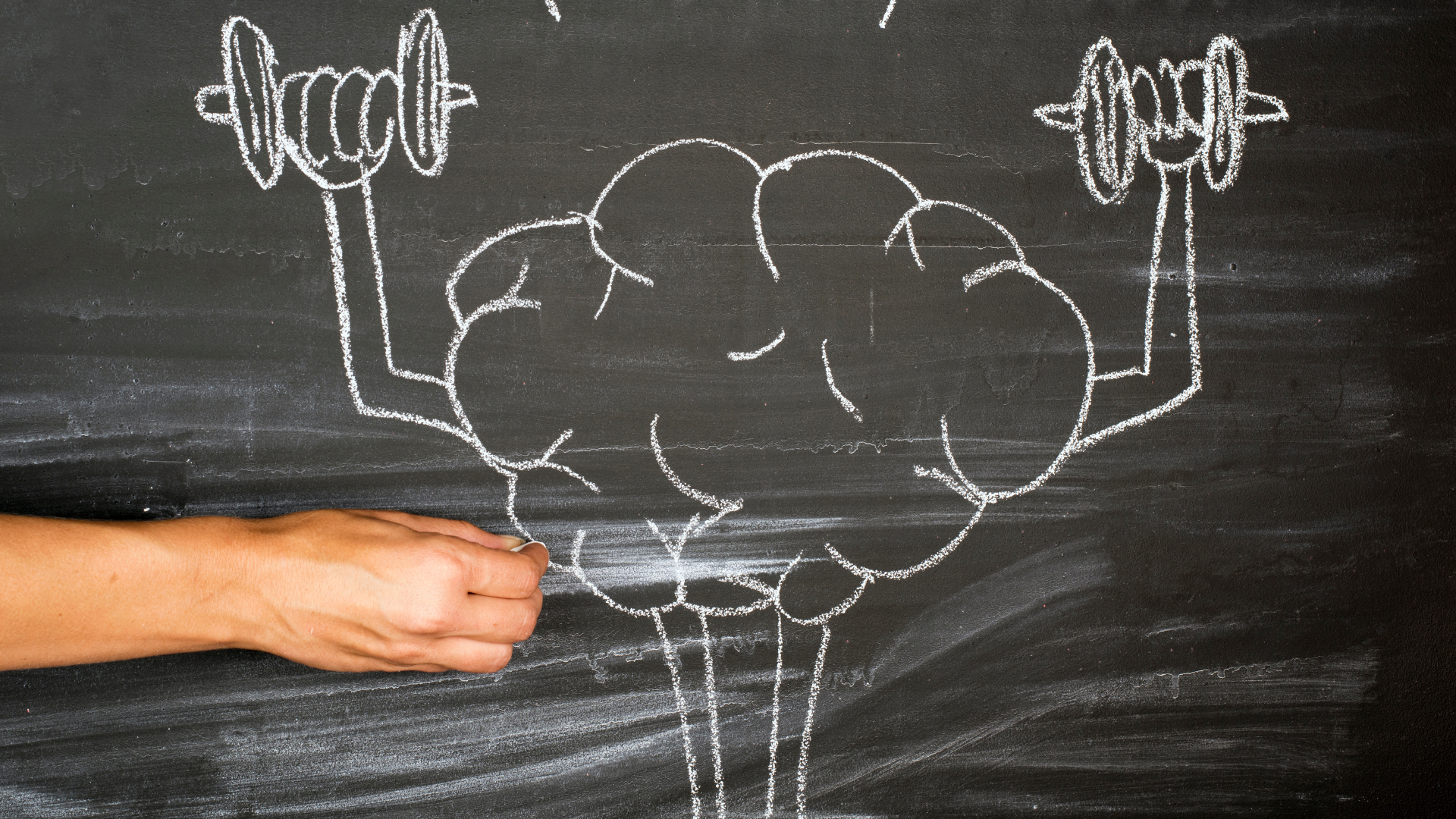Hydration can significantly impact your physical health, study finds
Jan 2, 2023, 9:55 AM

Closeup image of a beautiful young asian woman holding a glass of water to drink. (File Photo)
(File Photo)
(CNN) — You may know that being adequately hydrated is important for day-to-day bodily functions such as regulating temperature and maintaining skin health.
But drinking enough water is also associated with a significantly lower risk of developing chronic diseases, a lower risk of dying early or lower risk of being biologically older than your chronological age, according to a National Institutes of Health study published Monday in the journal eBioMedicine.
“The results suggest that proper hydration may slow down aging and prolong a disease-free life,” said study author Natalia Dmitrieva, a researcher in the Laboratory of Cardiovascular Regenerative Medicine at the National Heart, Lung and Blood Institute, a division of NIH, in a news release.
Learning what preventive measures can slow down the aging process is “a major challenge of preventive medicine,” the authors said in the study. That’s because an epidemic of “age-dependent chronic diseases” is emerging as the world’s population rapidly ages. And extending a healthy life span can help improve quality of life and decrease health care costs more than just treating diseases can.
The authors thought optimal hydration might slow down the aging process, based on previous similar research in mice. In those studies, lifelong water restriction increased the serum sodium of mice by 5 millimoles per liter and shortened their life span by six months, which equals about 15 years of human life, according to the new study. Serum sodium can be measured in the blood and increases when we drink less fluids.
Using health data collected over 30 years from 11,255 Black and White adults from the Atherosclerosis Risk in Communities study, or ARIC, the research team found adults with serum sodium levels at the higher end of the normal range — which is 135 to 146 milliequivalents per liter (mEq/L) — had worse health outcomes than those at the lower end of the range. Data collection began in 1987 when participants were in their 40s or 50s, and the average age of participants at the final assessment during the study period was 76.
Adults with levels above 142 mEq/L had a 10% to 15% higher chance of being biologically older than their chronological age compared with participants in the 137 to 142 mEq/L range. The participants with higher faster-aging risk also had a 64% higher risk for developing chronic diseases such as heart failure, stroke, atrial fibrillation, peripheral artery disease, chronic lung disease, diabetes and dementia.
And people with levels above 144 mEq/L had a 50% higher risk of being biologically older and a 21% higher risk of dying early. Adults with serum sodium levels between 138 and 140 mEq/L, on the other hand, had the lowest risk of developing chronic disease. The study didn’t have information on how much water participants drank.
“This study adds observational evidence that reinforces the potential long-term benefits of improved hydration on reductions in long-term health outcomes, including mortality,” said Dr. Howard Sesso, an associate professor of medicine at Harvard Medical School and associate epidemiologist at Brigham and Women’s Hospital in Boston, via email. Sesso was not involved in the study.
However, “it would have been nice to combine their definition of hydration, based on serum sodium levels only, with actual fluid intake data from the ARIC cohort,” Sesso added.
Biological age was determined by biomarkers that measure the performance of different organ systems and processes, including cardiovascular, renal (relating to the kidneys), respiratory, metabolic, immune and inflammatory biomarkers.
High serum sodium levels weren’t the only factor associated with disease, early death and faster aging risk — risk was also higher among people with low serum sodium levels.
This finding is consistent with previous reports of increased mortality and cardiovascular disease in people with low regular sodium levels, which has been attributed to diseases causing electrolyte issues, the authors said.
The study analyzed participants over a long period of time, but the findings don’t prove a causal relationship between serum sodium levels and these health outcomes, the authors said. Further studies are needed, they added, but the findings can help doctors identify and guide patients at risk.
“People whose serum sodium is 142 mEq/L or higher would benefit from evaluation of their fluid intake,” Dmitrieva said.
Sesso noted that the study did not strongly address accelerated aging, “which is a complicated concept that we are just starting to understand.”
“Two key reasons underlie this,” Sesso said. The study authors “relied on a combination of 15 measures for accelerated aging, but this is one of many definitions out there for which there is no consensus. Second, their data on hydration and accelerated aging were a ‘snapshot’ in time, so we have no way to understand cause and effect.”
Drink enough fluids every day
About half of people worldwide don’t meet recommendations for daily total water intake, according to several studies the authors of the new research cited.
“On the global level, this can have a big impact,” Dmitrieva said in a news release. “Decreased body water content is the most common factor that increases serum sodium, which is why the results suggest that staying well hydrated may slow down the aging process and prevent or delay chronic disease.”
Our serum sodium levels are influenced by liquid intake from water, other liquids, and fruits and vegetables with high water content.
“The most impressive finding is that this risk (for chronic diseases and aging) is apparent even in individuals who have serum sodium levels that are on the upper end of the ‘normal range,'” said Dr. Richard Johnson, professor at the University of Colorado School of Medicine, via email. He was not involved in the study.
“This challenges the question of what is really normal, and supports the concept that as a population we are probably not drinking enough water.”
More than 50% of your body is made of water, which is also needed for multiple functions, including digesting food, creating hormones and neurotransmitters, and delivering oxygen throughout your body, according to the Cleveland Clinic.
The National Academy of Medicine (formerly known as the Institute of Medicine) recommends women consume 2.7 liters (91 ounces) of fluids daily, and that men have 3.7 liters (125 ounces) daily. This recommendation includes all fluids and water-rich foods such as fruits, vegetables and soups. Since the average water intake ratio of fluids to foods is around 80:20, that amounts to a daily amount of 9 cups for women and 12 ½ cups for men.
People with health conditions should talk with their doctor about how much fluid intake is right for them.
“The goal is to ensure patients are taking in enough fluids, while assessing factors, like medications, that may lead to fluid loss,” said study coauthor Dr. Manfred Boehm, director of the Laboratory of Cardiovascular Regenerative Medicine, in a news release. “Doctors may also need to defer to a patient’s current treatment plan, such as limiting fluid intake for heart failure.”
If you’re having trouble staying hydrated, you might need help working the habit into your usual routine. Try leaving a glass of water at your bedside to drink when you wake up, or drink water while your morning coffee is brewing. Anchor your hydration habit to a location you’re in a few times per day, behavioral science expert Dr. B.J. Fogg, founder and director of the Stanford University Behavior Design Lab, previously told CNN.













